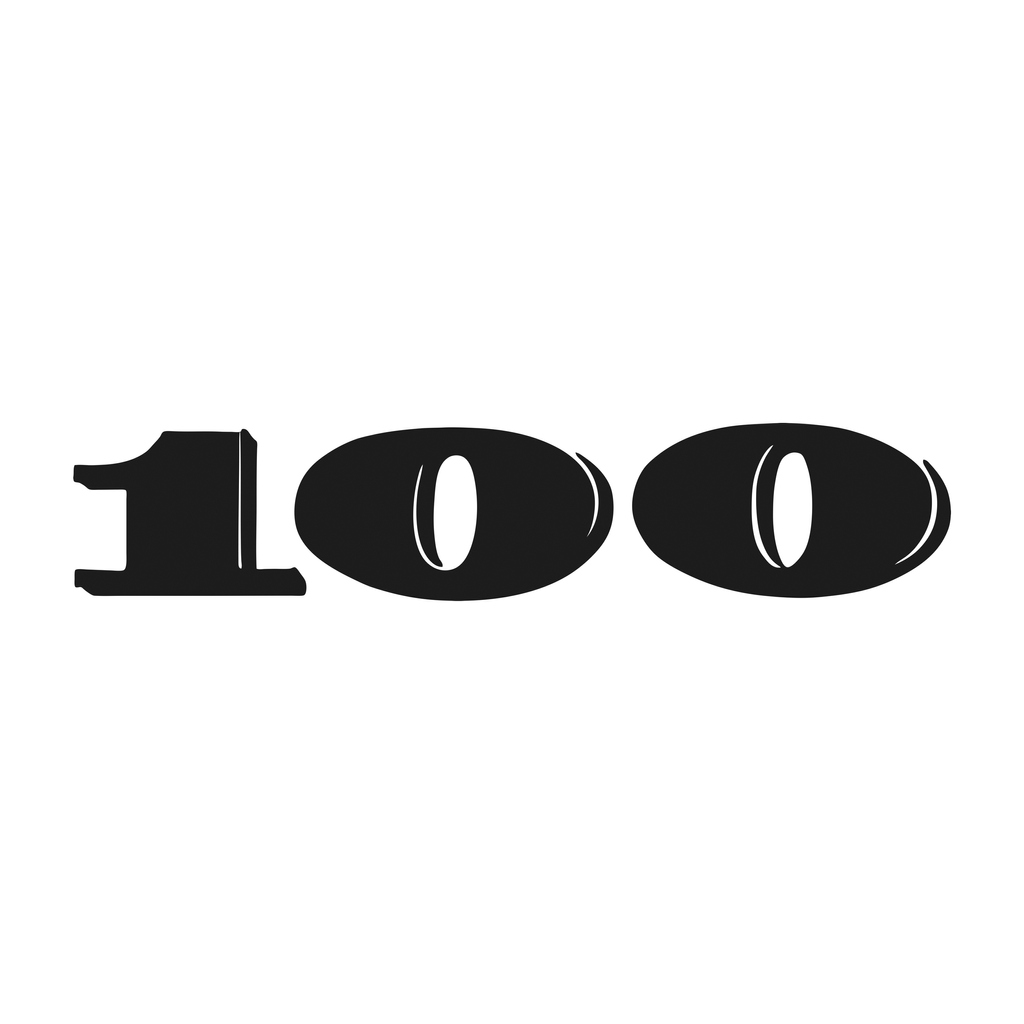The Competitive Generic Therapy (CGT) program, which began in 2017 as a means to bring generics for products that had inadequate competition to market faster, has hit (and actually surpassed) the century mark in terms of the number of approvals. As the FDA notes in its announcement today, the authority for the program comes from the “FDA Reauthorization Act of 2017” (FDARA) and provides that “a drug can be designated as a Competitive Generic Therapy if there is inadequate generic competition for that drug, meaning there is not more than one approved drug in the active section of the Orange Book. At the request of the applicant, FDA may take steps to expedite the development and review of ANDAs for drugs that receive a CGT designation.”
The approval of a generic drug after CGT designation (which must occur at or before submission of the application for an eligible product) comes with the potential for a 180-day period of market exclusivity for the first approval, but the firm can lose that eligibility if it fails to market the product within seventy‑five calendar days after such approval. Thus, it is not a way to block other products from market if you sit on the approval; the 75-day provision is a great motivator for firms to bring the product to market in a timely manner.
The list of approved CGT products can be found here and includes information on the dates of approval, whether products are eligible for CGT exclusivity, whether CGT exclusivity has been forfeited, and the dates of first commercial marketing. The list notes that the 100th product was approved on August 24, 2021, and #101 was approved the day after. Only nine of the 101 CGT approvals have forfeited CGT exclusivity but there are a number of approvals still within the 75-day window.
The CGT program is just part of the FDA’s Drug Competitive Action Plan. Read more about the components of the plan here.



